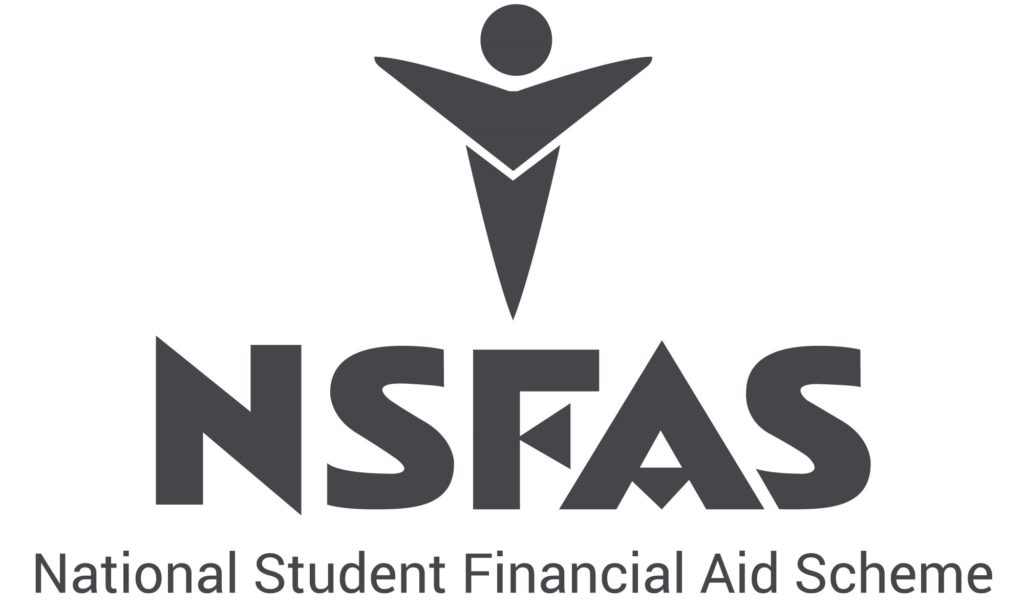The National Student Financial Aid Scheme (NSFAS) said with the number of applications well past 200 000, they had received 50 000 more applications than at the same time in 2018. However, of the 216 758 applications received since the opening of the 2020 application cycle on 1 September 2019, only 10% of the applicants had chosen TVET colleges as their preferred institution of study.
Enrolment at Technical and Vocational Education and Training (TVET) Colleges is key to critical skills development as part of the government’s National Development Plan.
NSFAS reached the 216 758 applications mark only six weeks after the opening. Applications are open for Grade 9 to 12 learners and out of school youth who wish to further their studies with the support of the government bursary scheme for the 2020 academic year. KwaZulu-Natal, Gauteng, and Limpopo remain the provinces with the most applications received with the Western and Northern Cape lagging.
“NSFAS has redoubled its efforts in these provinces and has secured the cooperation of the provincial governments,” the Scheme said in a media release.
Statistics indicated that the majority of applicants were out of school youth who intended to further their studies at public universities.
“NSFAS considers each application that we receive,” said NSFAS Administrator, Dr Randall Carolissen. “When processing an application, we validate information with the Department of Home Affairs and Department of Social Development, thereby getting a complete profile of an applicant and their family. We take into consideration the total household family income, home affairs and social welfare status, higher education or admission status. Information about your school, and local municipality plays a crucial role in the 2020 application system.”
Applicants must meet the academic requirements for tertiary studies.
“Students only become funded once registered at a public institution of higher learning for an approved qualification,” the Scheme said.
Applicants from working class families, whose total household income is below R350 000 per annum are eligible to be considered for the government bursary; however, funding will only be confirmed when proof of admission is provided to NSFAS by the institution of higher learning.
Applicants with special needs or disabilities take top priority, together with the beneficiaries of social grants.
On average, NSFAS receives more than 4000 applications a day, with the number going as high as 6000 a day in peak weeks. By September 30, NSFAS had received an additional 27 455 applications as compared to the 101 545 received around the same time last year.
Prospective applicants have until midnight on 30 November 2019 midnight to apply for funding.
As part of the application drive to encourage qualifying persons to apply on time, NSFAS embarked on a nationwide 2020 applications roadshow. The purpose of the roadshow is to reach out to learners and out of school youth who need the NSFAS funding but have challenges with accessing the application resources.
Applications are submitted online by creating a myNSFAS account on the NSFAS website; www.nsfas.org.za . Applicants with an existing account can sign in using their usernames and password or Facebook/Google accounts. Students can also submit their applications using their smartphones. It is important to note that applicants should have working cellphone numbers and a valid email address before applying.
To qualify for NSFAS funding for university and TVET college studies, the applicant should:
- Be a South African citizen;
- Intend to enrol at any of SA’s 26 public universities or 50 TVET colleges in 2020;
- Come from a family with combined household income of up to R350 000 per annum (up to R600 000 per annum if the applicant has a disability);
- Not have received NSFAS funding in 2019 (those who were successfully funded previously, are automatically funded for 2020, provided they meet academic requirements);
Applicants must attach all the required supporting documents when submitting an application. This will enable NSFAS to process the application timeously. The following supporting documents should be attached:
All applicants:
- Certified copy of your ID, not older than three months
- A signed and completed consent form (downloaded from our website)
If you are a SASSA recipient, please provide:
- A signed and completed consent form
If you are dependent on your parents/guardian/spouse, please provide:
- Certified ID copies of parent/s, guardian, spouse not older than three months
- Proof of income of parent, guardian or spouse (payslip or appointment letter)
If you are self-sufficient and employed please provide:
- Proof of income (payslip or appointment letter)
- Three years IRP5s
If you have a disability, please provide:
- Completed and signed Disability Annexure A downloaded from our website (if your information is not pre-populated on the portal).
If you are an orphan please provide:
- Orphan Declaration and Consent Form (excluding consent form)
Other documents required, if applicable:
- Retrenchment letter
- Death certificate/s
- Divorce decree
Applicants who do not have access to internet facilities are encouraged to visit their nearest Government Communication and Information System (GCIS) Thusong Centres, and Department of Basic Education District Teacher Development Centres nationwide. For full addresses of all applications centres visit www.nsfas.org.za


